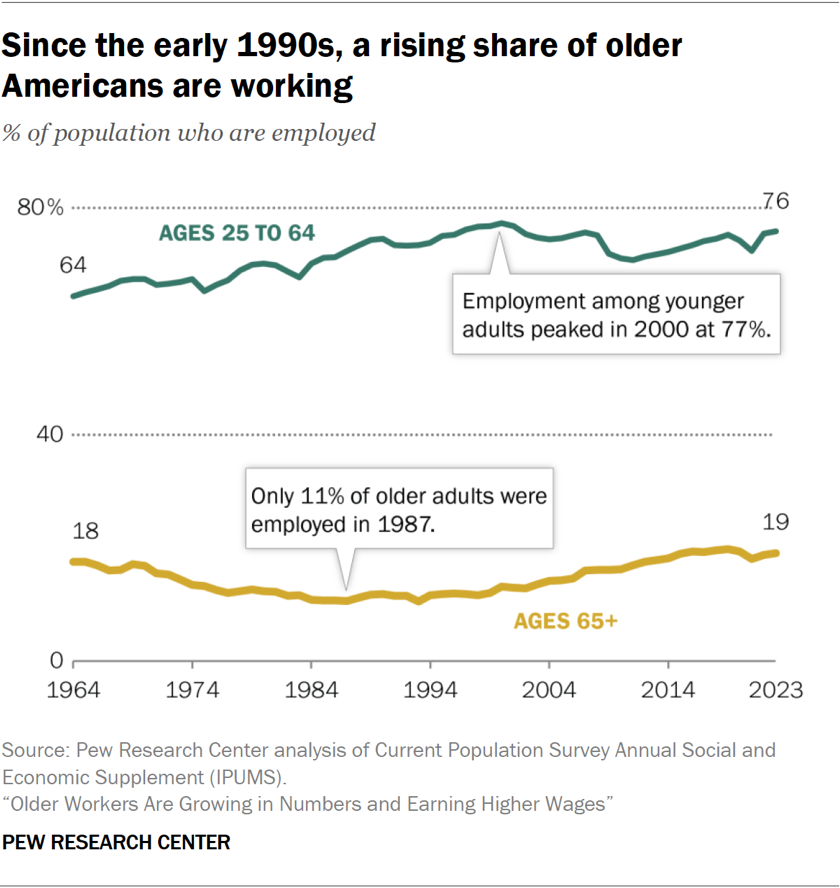Flexibility is the buzzword of the modern workplace. With the rise of hybrid and remote work arrangements, employees have come to expect a level of autonomy that is unprecedented in the history of work.
While this newfound flexibility has led to increased job satisfaction and productivity for employees, it has created a nightmare for managers. The same autonomy that employees crave is the very thing that has left many managers struggling to keep up. The flexibility paradox has arrived, and it's making managers miserable.
In this article, we will explore the benefits and challenges of the flexible workplace; the struggles managers face in adapting to it, and the negative effects of too much flexibility.
Finally, we will provide a roadmap for managers to find the balance between flexibility and structure that will lead to success in the hybrid workplace.
The Flexible Workplace and its Benefits

With the advent of hybrid work arrangements, employees have greater flexibility in how they work than ever before. This has not only led to increased job satisfaction but also to greater productivity and work-life balance. It's no wonder, then, that companies and managers have embraced this trend as a way to attract and retain top talent.
The benefits of a flexible workplace are manifold. Companies are unleashing their full potential by giving employees the power to shape their work environment. As a result, employees have more control over their time and workspaces, leading to increased focus and creativity. They can also manage their personal lives more easily, leading to greater job satisfaction and loyalty.
The Struggle for Managers
The rise of the flexible workplace has left many managers feeling like they are in uncharted waters. Managing remote and hybrid teams requires new skills and approaches, and many managers are struggling to maintain productivity and engagement among their teams while ensuring efficient and effective work.
Some of the biggest challenges managers face in the flexible workplace include:
Monitoring and measuring productivity
- Difficulty in keeping track of what employees are doing in different physical spaces
- Adapting to new tools and metrics required for managing remote and hybrid teams
- Ensuring everyone is on the same page
Creating synergy among team members
- Preventing employees from working in isolation without much interaction with others
- Avoiding breakdowns in communication, collaboration, and teamwork
Managing employee engagement and motivation
- Keeping everyone working towards the same goals, despite greater employee autonomy
- Maintaining a sense of teamwork and collaboration
Overall, more flexibility can positively affect productivity and team culture. Finding the right balance is key to success in the new world of work.
"Managing a remote team is like trying to paint a masterpiece with your eyes closed. You know what it's supposed to look like, but you can't see it happening in real-time." - Ann Handley.
The Paradox of Choice

The paradox of choice is a real phenomenon, and it can have negative effects on employee performance and morale. For example, employees with too much autonomy may struggle with decision paralysis, analysis paralysis, and a lack of direction.
In the context of the flexible workplace, this can lead to reduced productivity, missed deadlines, and a lack of focus. Additionally, too much flexibility can create silos and a lack of communication and collaboration among team members, further exacerbating the problem.
The Middle Ground
To strike a balance between too much flexibility and too much structure in a flexible workplace, managers can take the following steps:
Communicate expectations clearly
- Set measurable goals for employees
- Provide regular feedback and check-ins
Foster a culture of collaboration
- Create opportunities for employees to work together and share their ideas and insights.
- Schedule regular team meetings and virtual team-building activities
Leverage technology to manage productivity
- Use tools to track and monitor employee performance
- Ensure everyone is working towards the same goals
Provide training and development opportunities
- Help employees develop the skills they need through corporate wellness programs to succeed in a flexible workplace.
By finding the middle ground, managers can create a culture of communication and collaboration that fosters productivity and teamwork and unlock the full potential of their teams in the new world of work.
The Flexibility Paradox Resolved
In the end, the flexibility paradox can be resolved by finding the right balance between too much flexibility and too much structure. By striking a middle ground, managers can create a culture of communication and collaboration that fosters productivity and teamwork while still giving employees the autonomy they crave.
As we move forward into the future of work, it's clear that the flexible workplace is here to stay. Of course, the challenges of managing remote and hybrid teams will continue, but by finding the right balance, managers can create a culture of collaboration and productivity that fosters success and growth.
At The Wellness Tribe, we believe in the power of employee wellness to drive productivity and success in the workplace. By promoting a healthy work-life balance and providing resources and support for employees to thrive in a flexible workplace, we can help managers strike the right balance and achieve their goals. With the right tools, strategies, and mindset, we can all thrive in the new world of work.








.jpeg)







